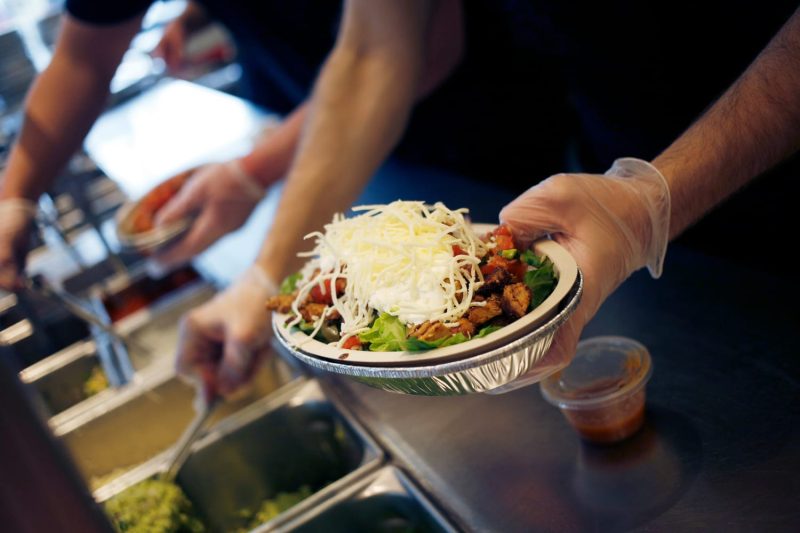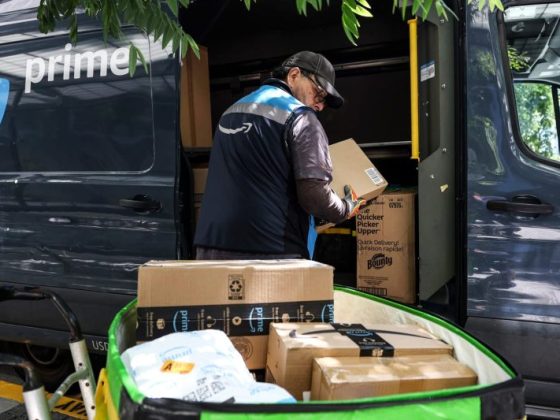Chipotle, a leading chain of fast food restaurants, has recently been on the receiving end of complaints regarding the portion sizes they offer. Customers have expressed dissatisfaction, stating that the servings are far too undersized for the price points. In response to these grievances, Chipotle has announced that they will be increasing the quantity of food in each serving, delivering on their promise of providing ‘food with integrity’.
Recently, social media platforms have been flooded with images and comments from disgruntled customers, who claim that the meal portions received are not commensurate with their expectations. As a result, Chipotle felt compelled to address these concerns directly, promising a reevaluation and subsequent adjustment of their portions.
Historically, Chipotle has prided itself on offering quality meals made from fresh, responsibly sourced ingredients. The chain’s kitchen uses minimal processing and does not use artificial preservatives or flavors in the preparation of their food. Their products range from burritos, bowls, salads, tacos to quesadillas in which customers have the flexibility to customize the fillings. However, with customers complaining that the actual servings are meager when compared to what is shown on the menu, the brand faced a challenge.
In accepting this challenge, Chipotle is carefully implementing updated standards. An increase in portion size could potentially cause an escalation in food waste if not properly monitored. Hence, Chipotle’s approach promises to strike the delicate balance between satisfying their customers’ appetites and sustaining their commitment to responsible food preparation and waste management.
The chain is achieving this through careful auditing and recalibration of portion sizes, effectively identifying where add-ons could be increased without compromising on their pledge to sustainability. It’s also through direct customer feedback that they have managed to identify key areas for improvement – chiefly, that meat, rice and bean portions were frequently found to be inadequate.
Internally, the company has initiated training for its employees to strictly follow the new portion guidelines. The employees have been informed about the changes and are being trained to serve the correct portion sizes. It’s not just about adding more food to the plate; it’s about ensuring their staff understands the importance of providing the right amount of food.
In making these adjustments, Chipotle is addressing a perceived value gap amongst its customers. Besides, it’s not just about quantity. Chipotle is affirming their commitment to quality, underlining that they will not be compromising on the nutritional aspects of their meals even as portions become more generous.
In conclusion, while Chipotle’s decision was driven by a wave of customer complaints, its response reflects their dedication to customer satisfaction and continuous improvement. It’s a strong reminder that businesses must remain open to customer feedback, implementing necessary adjustments to ensure they continue to meet and exceed customer expectations.
Rerouting their strategy in this way, Chipotle is establishing a new standard for fast food chains: listening to their customer’s needs and merging those needs with responsible and sustainable practices. This new portion policy should not only satiate its customers’ appetites but also reassure them of the brand’s commitment to delivering ‘food with integrity’. It will be interesting to see how this decision impacts their customer satisfaction ratings and the chain’s overall reputation moving forward.











